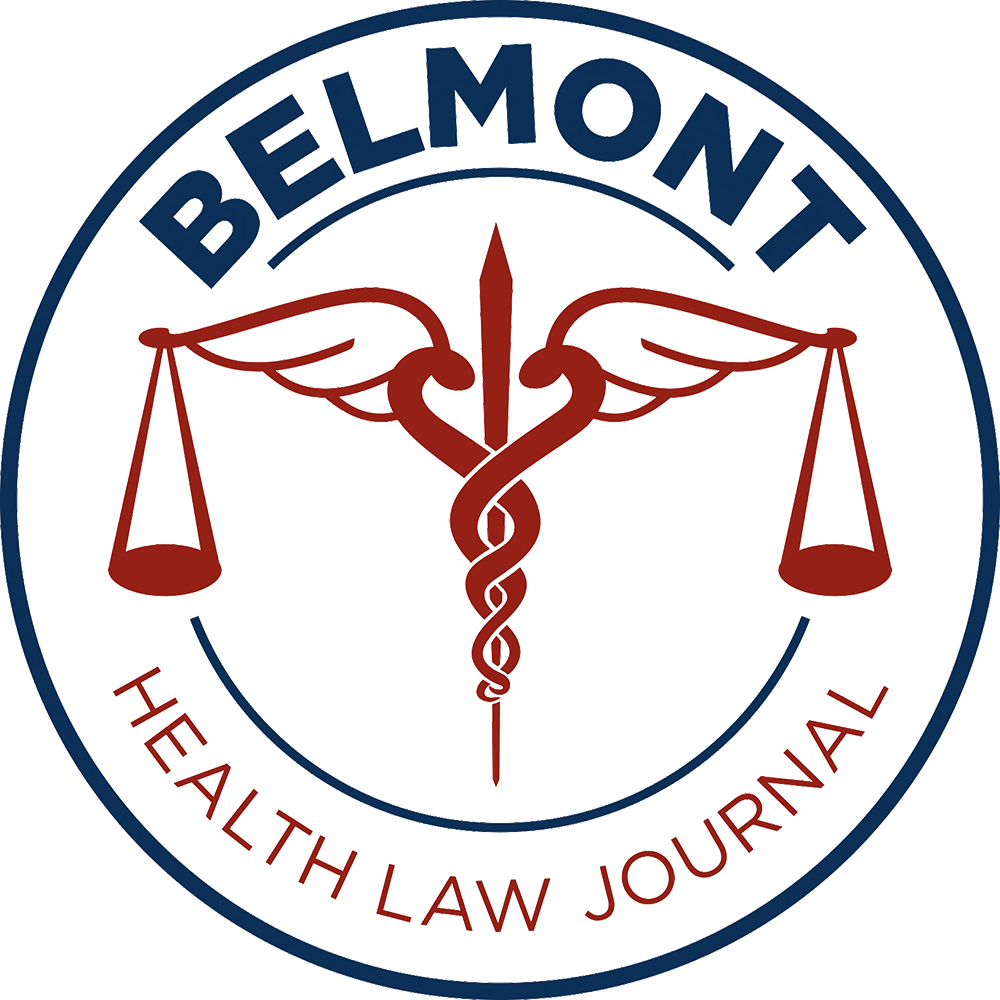Anthony Huber, Class of 2021, Belmont Law
On October 6, 2020, the Supreme Court of the United States listened to oral arguments from opposing parties in the Rutledge v. Pharmaceutical Care Management Association (“Rutledge”) case. The issue in the Rutledge case is whether the 8th Circuit erred in holding that Arkansas’ statute regulating pharmacy benefit managers’ drug-reimbursement rates is preempted by the Employee Retirement Income Security Act of 1974 (“ERISA”)
In 2015, the Arkansas Legislature passed Act 900, a law which effectively regulates the practices and conduct of pharmacy benefit managers (“PBMs”). PBMs are entities that function as intermediaries between health plans and pharmacies. PBMs process claims, disburse drugs, and contract with pharmacies to create pharmacy networks. In addition, PBMs create a maximum allowable cost (“MAC”) list to set reimbursement rates to pharmacies dispensing generic drugs.
Sometimes, when a pharmacy contracts with a PBM, the result is that the pharmacy is reimbursed for a drug at a lesser amount than it paid to a wholesaler for that same drug. As a result, independent and rural pharmacies in Arkansas began to decrease. Arkansas recognized this and sought to remedy the issue through Act 900. Some of the provisions in Act 900 provide: (1) pharmacy reimbursements should be at a rate which is at least equal to a drug’s acquisition cost; (2) MAC lists should be updated within seven days of a ten (10) percent increase in a pharmacy’s acquisition cost from sixty (60) percent of wholesalers; and (3) pharmacies can challenge MAC reimbursements through an administrative appeal process.
In response to the provisions of Act 900, Pharmaceutical Care Management Association (“PCMA”), a pharmacy trade association, filed a lawsuit against Arkansas Attorney General Leslie Rutledge arguing that Act 900 is preempted by ERISA. The gravamen of PCMA’s claim is that Act 900 is impermissibly connected to ERISA, and, as a result, ERISA should preempt Act 900 because it is a state law. PCMA argues, among other things, that Act 900 directly regulates the administration of prescription-drug benefits on behalf of ERISA-governed plans. In its brief, PCMA claims that Act 900 “establishes state-specific rules controlling the amount plans must pay for benefits, the methodology for determining the amount to be paid, the timing and procedures for updating payment schedules, and dispute-resolution processes and remedies—matters that are central to plan administration.”
On the other hand, Arkansas Attorney General Rutledge claims that Act 900 does not have an impermissible connection to ERISA plans, and, therefore, it is not preempted by ERISA. Arkansas argues that Act 900 does not regulate plan administration because it simply regulates reimbursement rates, and other provisions, such as the appeal provision, are merely incidental to that primary purpose.
It will be interesting to see where the Supreme Court draws the line on preemption, and its reasoning for doing so, because many other states have already passed statutes similar to Arkansas’ Act 900. If Act 900 is struck down, the Supreme Court’s decision could have a domino effect on the states which have already implemented pharmaceutical regulations similar to Arkansas. On the other hand, if the Supreme Court does not find that Act 900 is preempted by ERISA, its decision and reasoning may provide clarity and guidance for states who seek to regulate the practices and conduct of PBMs in the future.
Works Cited:
https://www.scotusblog.com/case-files/cases/rutledge-v-pharmaceutical-care-management-association
https://www.law.cornell.edu/supct/cert/18-540
https://www.supremecourt.gov/DocketPDF/18/18-540/139090/20200325115916809_18-540%20bs.pdf
